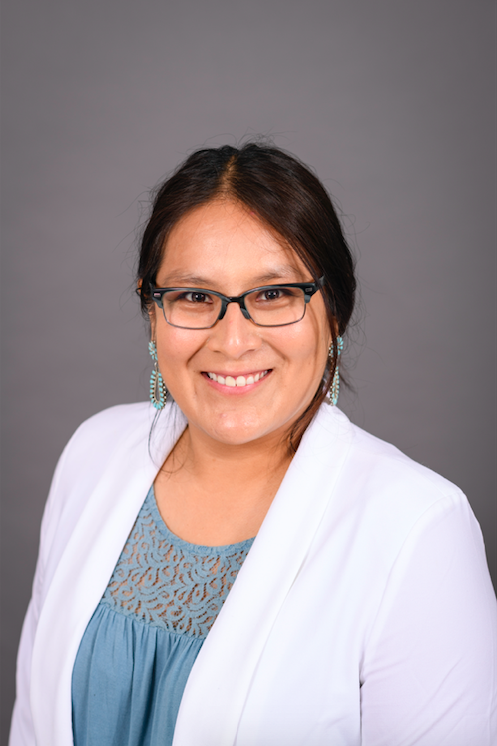“Genetics has a unique risk:” Interview with Dr. Krystal Tsosie about genetic research with Indigenous DNA
By Staff,
Gen-ethisches Netzwerk e.V.
| 08. 26. 2022
The past experiences of Indigenious communitys with participating in genetic research have been predominatly negative. Therefore, Native American scientists like Dr. Krystal Tsosie call for a shift of authority over Indigenous DNA back to the people being researched.
First, I wanted to talk about DNA data. Is there a particular view of the Indigenous community on DNA – it probably it varies – but generally speaking?
There is no unifying view of Indigenous communities on DNA. But it is certain, that a lot of Indigenous people are wary about genetic technologies and the use of genetic data from their populations to make inferences about them. Certain statements have been made about Indigenous peoples over and over again by scientists throughout the brief history of the study of genetics. And often the science has been misused, abused, used against Indigenous peoples. Sometimes it is used to reaffirm a scientific narrative that is culturally ignorant about their origin narratives, for instance. Sometimes it is a mismatch of an evolutionary perspective, in that some scientist just wants to paint an evolutionary picture of...
Related Articles
By Arthur Lazarus, MedPage Today | 01.23.2026
A growing body of contemporary research and reporting exposes how old ideas can find new life when repurposed within modern systems of medicine, technology, and public policy. Over the last decade, several trends have converged:
- The rise of polygenic scoring...
By Stephanie Pappas, LiveScience | 01.15.2026
Genetic variants believed to cause blindness in nearly everyone who carries them actually lead to vision loss less than 30% of the time, new research finds.
The study challenges the concept of Mendelian diseases, or diseases and disorders attributed to...
By David Cox, Wired | 01.05.2026
As he addressed an audience of virologists from China, Australia, and Singapore at October’s Pandemic Research Alliance Symposium, Wei Zhao introduced an eye-catching idea.
The gene-editing technology Crispr is best known for delivering groundbreaking new therapies for rare diseases, tweaking...
By Josie Ensor, The Times | 12.09.2025
A fertility start-up that promises to screen embryos to give would-be parents their “best baby” has come under fire for a “misuse of science”.
Nucleus Genomics describes its mission as “IVF for genetic optimisation”, offering advanced embryo testing that allows...




